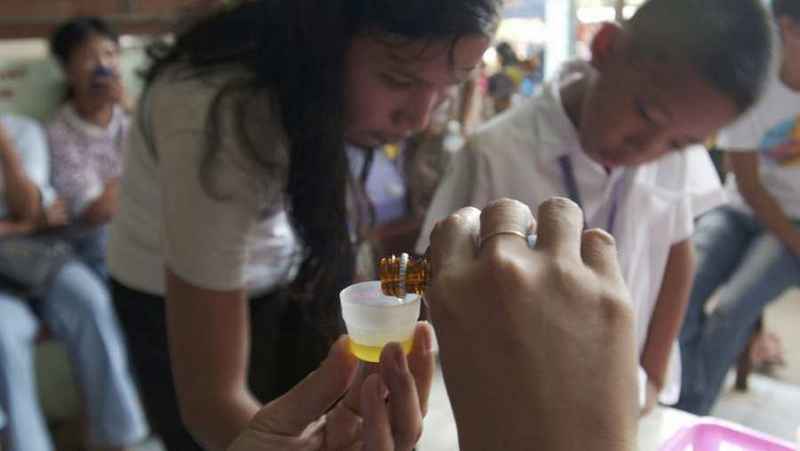03 Oct New and Reformulated Anti-Tuberculosis Drugs Appropriate For Kids to be Introduced January 2017
By January 2017, new and reformulated anti-tuberculosis (TB) medicines intended for children will be introduced as planned by the department of Health (DOH).
This initiative is also being pursued by several countries in Africa and Asia-Pacific region like Kenya, Tanzania, Cambodia, Papua New Guinea, Myanmar, with the Philippines as one of the countries adopting the idea. This was according to Steve Graham who is a senior consultant for child lung health at The Union- a non-profit organization based in France aiming to control HIV, asthma, lung diseases, tobacco and TB- and a professor of international child health at the University of Melbourne.
The said medicines are not really new for they are just reformulations of the existing medicines, however, the dosage is appropriate for children with the added flavors making them palatable for kids. The developer of the new drugs was the Macleods Pharmaceuticals which is a US-based non-profit TB Alliance and drug firm and was funded by the UNITAID, a Geneva-based health charity, and research group.
“Too many kids with TB are not being treated,” said Rajendra Radav, country medical officer at the World Heath Organization (WHO) Philippines, explaining that one million children worldwide gets TB each year which results in about 140,000 deaths per year and possibly to increase since a large number of acute anemia deaths in kids are actually because of TB. “And those that get treated are treated with medicines and dosage intended for adults that negatively affect outcomes,” added Radav. “With the right dosage for kids, health outcomes would improve.”
In the Philippines, the challenges being faced when its time for the introduction of the new medicine include securing that there will be enough budget to sustain the continuous supply and designating who will deliver the services. This was according to Division Chief of the Intensified Disease Prevention and Control Division at the DOH.
“Another main challenge is allocation and making sure that medicines are available particularly in rural areas,” added Vianzon.
Source: The Manila Times



No Comments